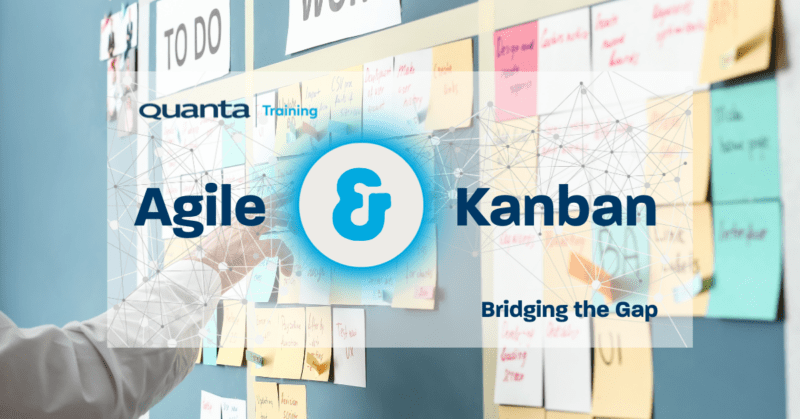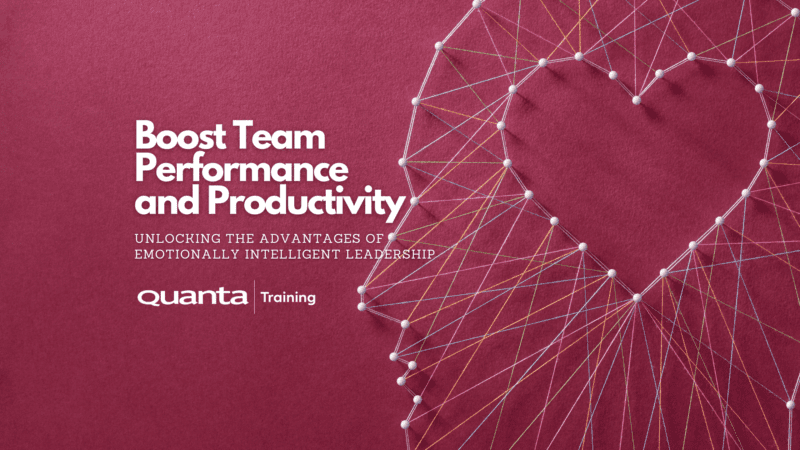Successfully changing business culture is often the difference between a good company and a great one, which are you?
This APM Group accredited course is developed in partnership with the Change Management Institute. Designed to help organisations and their people plan, implement, and effectively manage the impact of change by offering practical tools, techniques and models to support any change initiative.
The course concentrates on four main areas: Change and the Individual, Change and the Organisation, Communications and Stakeholder Engagement and Change Management Practice.
Book Your Course
Start Date
Venue
Availability
Cost
Course confirmed - Guaranteed to run
Course Full/Limited availability
Price shown excluding VAT.
Book a Private Event
If you require the content of this event tailored or have around 7 or more people to train it maybe better for you to host a Private Event, please get in touch to discuss this.
Get in touchDescription
Who is this course for
This course is ideal for anybody involved in Change Management or who are leading, or about to lead, a business change. Any team member being effected by or effecting change, and individuals who will need to support their colleagues, team and organisation through change, and manage themselves through change.
Purpose of the course
The purpose of the course is to help those involved in managing change through learning relevent application, techniques, checklists and frameworks. It is intended to address the needs of those who carry out the work of managing change, even if it is not their job title.
You will learn how to
- Assess the impact of the "change curve" on indiviuals
- Consider the motivations of individuals
- Consider the learning needs of those affected by change
- Use metaphors to assess types of organisations
- Describe and use change management models
- Identify and plan for roles in change management
- Assess the organisational culture
- Identify emergent change
- Identify and exploit drivers of change
- Consider the effect of a vision on change management
- Understand project management in overview
- Identify, map and segment stakeholders
- manage relationships with stakeholders
- Use different communication channels
- Use facilitation techniques
- Assess the impact of change
- Build readiness for change
- Prepare for resistance
- Build team effectiveness
Prerequisites
Desirable although not essential is previous experience of change management, plus some pre-course reading.Benefits for you as an individual
You will develop an understanding of change, the negative impacts it can have and how to address these in suitable ways to achieve the full benefits of change. In the current working environment all individuals see their organisation going through increasingly frequent change, and being able to deal with this will often contribute to an individual's personal success within an organisation.
Benefits for your organisation
Organisations with individuals who are properly trained in change management will be able to react more effectively not just to local competition pressures but also global competition and wider political and environmental issues.
Change and the Individual
- Understanding the Change Curve (Kubler-Ross)
- Planning for Personal Transitions
- Maslow’s Hierarchy of Needs in Change Management
- Psychological Factors: Satisfaction, Growth, and Resistance
- Personality Types and Change Responses (Myers-Briggs Type Indicator)
- Learning Theories and their Application to Change
- Individual Learning Styles and Adaptation to Change
- Developing Effective Training Plans
Change and the Organisation
- Organisational Metaphors and Their Impact on Change (Morgan's Metaphors)
- Change Models: Kotter, Senge, and Lewin
- Key Organisational Roles in Change Management
- Understanding and Shaping Organisational Culture
- Navigating Emergent Change and Complex Systems
- Identifying and Addressing Drivers of Change
- Vision Development and Alignment with Organisational Strategy
- Assessing and Adapting to the Project Environment
Communications and Stakeholder Engagement
- Advanced Stakeholder Identification and Mapping Techniques
- Strategies for Managing and Mobilising Stakeholders
- Enhancing Two-Way Communication and Overcoming Cognitive Biases
- Effective Change Communication using Symbols and Metaphors
- Optimising Communication Channels (Lean vs. Rich)
- Creating a Comprehensive Communication Strategy and Plan
- Facilitation Techniques for Engaging Stakeholders
Change Management Practice
- Identifying and Managing Change Impacts
- Building Motivation and Reducing Resistance to Change
- Applying Levers for Change (Carrot and Stick Approaches)
- Managing Reinforcing Systems: Vicious and Virtuous Circles
- Enhancing Team Effectiveness in Change Initiatives
Additional Exam Information
1 hour multiple choice closed book Foundation exam. A score of 25 out of 50 (50%) is required to pass.Pre-Coursework
Pre-course preparation is required, along with some evening work during the course.The course book will be issued on the first day of the course.
Please note, there may be a small amount of evening work to complete such as further reading or working though sample exam papers.
Get Started
Forget trawling through endless course catalogues – Find the training that’s right for you
Learn MoreLatest from our blog
Kanban and Agile: Bridging the Gap
Kanban and Agile: Bridging the Gap Quanta’s Kanban University Certified Trainer Steve Church explores the way in which Agile and…
Read More
How a Ballerina could move into Cybersecurity
Jason Ford, Quanta Cybersecurity and IT Trainer talks about the limitations in Cybersecurity Training courses. Jason discusses a safe and…
Read More
Boost Team Performance and Productivity: Unlocking the Advantages of Emotionally Intelligent Leadership
Quanta People Development and Leadership Trainer, Giles Collins outlines the key elements of Emotionally Intelligent Leadership and how it impacts…
Read More





